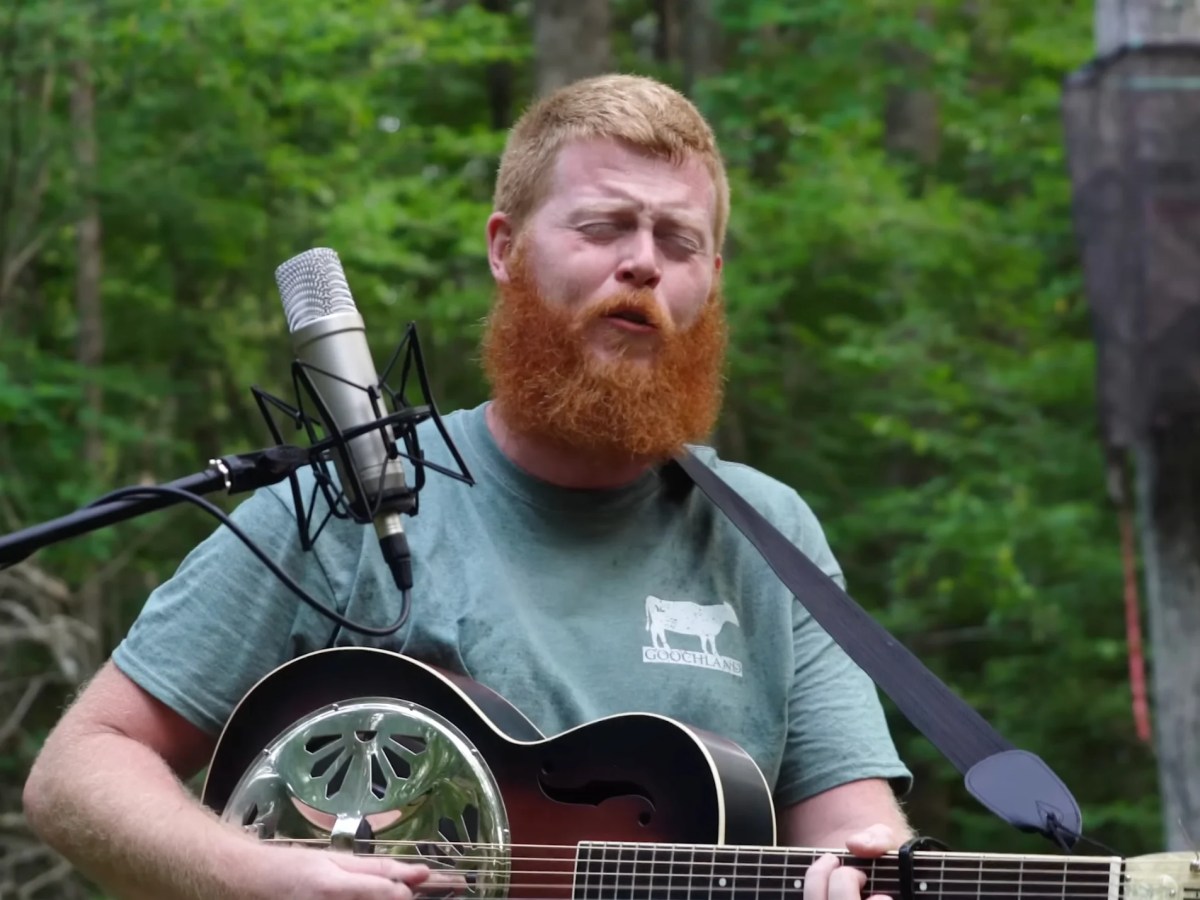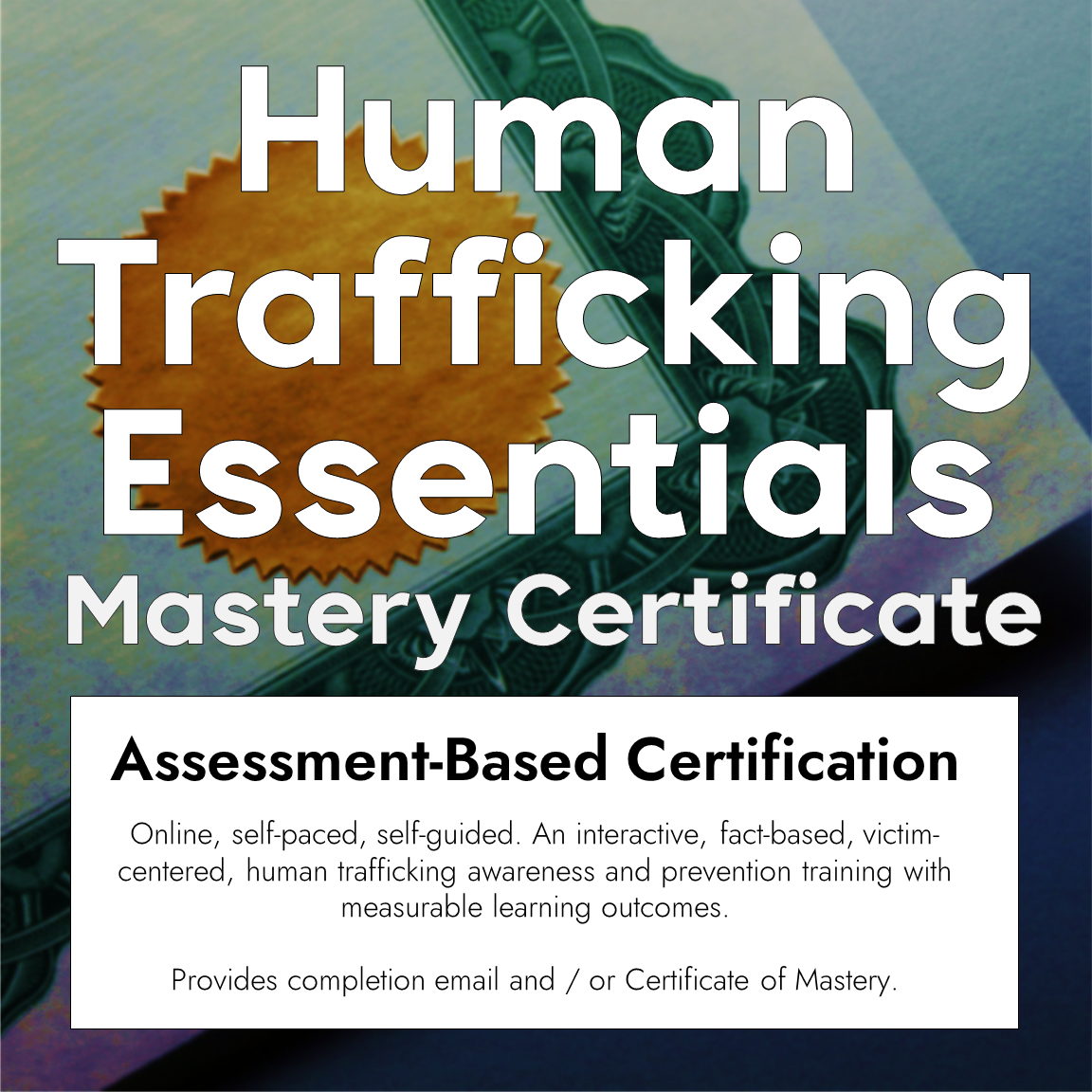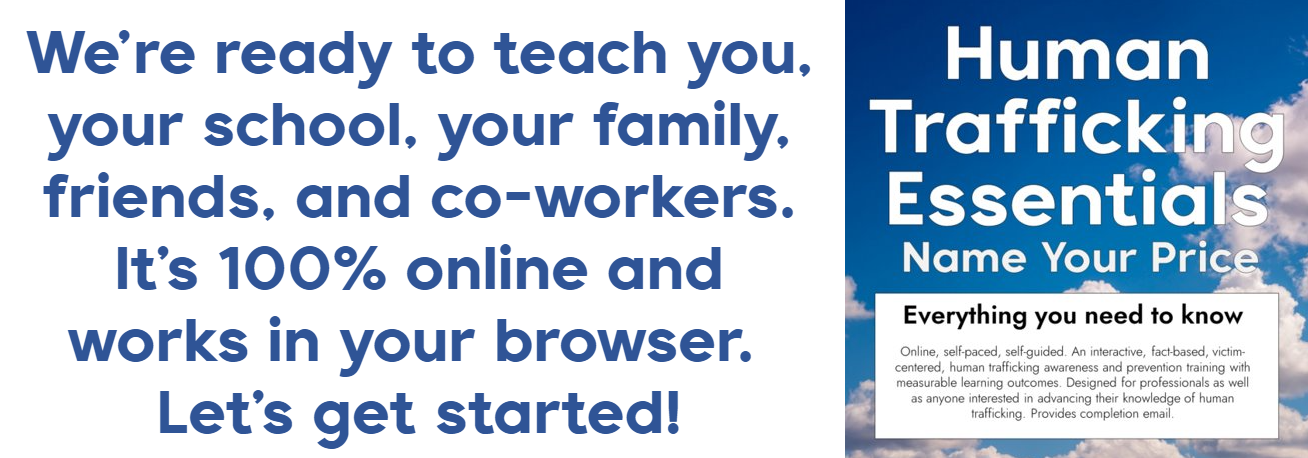Chart-Topping Anthem Divides USA: The Controversy Surrounding ‘Rich Men North of Richmond’ by Oliver Anthony

In a country known for its diversity and differing opinions, a new song has emerged as a cultural flashpoint that mirrors the deep divisions within the United States. Oliver Anthony‘s “Rich Men North of Richmond” has skyrocketed from obscurity to chart-topping fame, igniting a fiery debate about politics, society, and the role of music in reflecting these tensions.
The song, delivered by a burly singer-songwriter with a distinctive red beard, has struck a chord with millions across the nation. In a matter of days, “Rich Men North of Richmond” amassed over 20 million views, securing the number one spot on Apple Music‘s Top 100 USA chart and the iTunes top 40 US country chart, overtaking established hits like “Fast Car” and Jason Aldean's “Try That in a Small Town.”
At the heart of the song‘s appeal lies its portrayal of the working-class hero, a narrative that resonates deeply with a segment of the population disenchanted with government policies and big bureaucracy. Anthony's lyrics describe the frustration of hardworking individuals laboring day after day, only to find themselves trapped in an unending cycle of taxes and seemingly futile efforts. Lines like “I've been sellin' my soul, workin' all day / Overtime hours for bullshit pay” encapsulate the sentiment of those who feel overlooked and underappreciated by the system.
However, the song's overt political message hasn't gone unnoticed. Anthony openly criticizes politicians and references welfare recipients, raising eyebrows and inviting interpretations from all corners of the political spectrum. Notable conservatives, including US Rep. Marjorie Taylor Greene, have embraced the song as an anthem of their cause, while critics argue that its lyrics perpetuate divisive stereotypes.
The controversy surrounding “Rich Men North of Richmond” is hardly an isolated incident. This clash between pop culture and politics has become a recurring theme in the United States. Recent examples include Jason Aldean's “Try That in a Small Town,” whose video contained images of both violence and Black Lives Matter protests, eliciting accusations of dog-whistle politics and ideological manipulation. The film “Sound of Freedom” has also sparked debates, with critics divided over its portrayal of anti-child-trafficking efforts and its potential ties to conspiracy theories like QAnon.
While Oliver Anthony himself has maintained a relatively low profile, his rapid rise to fame and his song's alignment with certain political narratives have turned him into a symbol of the ongoing culture wars. Yet, the artist's intentions remain shrouded in mystery. In a video released before the song's explosive popularity, Anthony stated that he stands at the center of the political spectrum, not favoring one side over the other. As he navigates this newfound fame, he grapples with his own unexpected role in a national conversation.
In an era where every note and lyric can ignite debates about identity, values, and society, “Rich Men North of Richmond” stands as both an artistic expression and a cultural phenomenon. Its success, popularity, and divisiveness reflect the complex tapestry of modern America, reminding us that even in music, the power to unite and divide remains inextricably intertwined.
This “Eyes on Trafficking” story is reprinted from its original online location.
Fair Use Notice: The PBJ Learning Knowledge Vault is dedicated to advancing understanding of various social justice issues, including human trafficking and related topics. Some of the material presented on this website may contain copyrighted material, the use of which has not always been specifically authorized by the copyright owner. We are making such material available in our efforts to promote education and awareness of these important issues. There is no other central database we are aware of, so we put this together for both historical and research purposes. Articles are categorized and tagged for ease of use. We believe that this constitutes a ‘fair use' of any such copyrighted material as provided for in section 107 of the US Copyright Law. In accordance with Title 17 U.S.C. Section 107, the material on this site is distributed without profit to those who have expressed a prior interest in receiving the included information for research and educational purposes. For more information on fair use, please visit: “17 U.S. Code § 107 – Limitations on exclusive rights” on Cornell Law School's Legal Information Institute.

ABOUT PBJ LEARNING
PBJ Learning is a leading provider of online human trafficking training, focusing on awareness and prevention education. Their interactive Human Trafficking Essentials online course is used worldwide to educate professionals and individuals how to recognize human trafficking and how to respond to potential victims. Learn on any web browser (even your mobile phone) at any time.
More stories like this can be found in your PBJ Learning Knowledge Vault.
EYES ON TRAFFICKING
This “Eyes on Trafficking” story is reprinted from its original online location.
ABOUT PBJ LEARNING
PBJ Learning is a leading provider of online human trafficking training, focusing on awareness and prevention education. Their interactive Human Trafficking Essentials online course is used worldwide to educate professionals and individuals how to recognize human trafficking and how to respond to potential victims. Learn on any web browser (even your mobile phone) at any time.
More stories like this can be found in your PBJ Learning Knowledge Vault.

